Transition Thunderstorms by Beth Bonness,
Reviewed by Roxanne Colyer
The Poetry Box, 2022, 50 pages, $14
ISBN 978-1-956285-07-9
Available at https://thepoetrybox.com/bookstore/thunderstorms
In Transition Thunderstorms, Beth Bonness offers breathtaking insights into life events we find hard to talk about with the people we love most. This book is a tender and honest lifeline to reconnection.
Bonness grew up in the Midwest where thunderstorms are plentiful. During summers, heavy rains pour down in sheets soaking anyone caught in the deluge. This collection of poems shares events in Beth’s life when she was soaked to the bone by her life’s transitions: her little sister’s death, her wedding day, and series of unexplained strokes.
The spine of the collection, “thanksgiving with a side of no thank you,” fragments Bonness’s experience on the morning of one of her strokes into eight connected pieces. She invites us on a private ride-a-long with commentary from voices both inside her head and outside in the world.
Before a nurse arrives, Bonness wakes up in the hospital and doesn’t realize she’s had another stroke. She says, “left arm doesn’t work!/left arm doesn’t work!/ she can’t hear me.”
As the nurse checks her BP for the umpteenth time, she tells Beth to “stop holding your breath/it only makes the numbers go up” and Beth responds from inside her head, “i can’t, my heart’s racing too fast.”
In #8, the final segment in the stroke series, Bonness is taken to the basement of the mostly empty-of-staff hospital on Thanksgiving for yet another MRI. She experiences “extra silence with a side of heart racing” and loneliness for her husband: “where’s jeff?/how will he know i’m down here?”
Interspersed with perfect pacing throughout “thanksgiving with a side of no thank you,” Bonness serves up additional poems like dressing and jello at a Thanksgiving dinner.
In “the night she died,” we huddle with her as she peers through the upstairs railing at her father cradling her little sister’s dead body: “a lace bonnet with blond/curls scotch-taped inside/her legs to his right … still …” The death of a child is wrenching, yet more so when the witness is a child herself, the elder sibling confused by the presence of police cars.
The nature of Bonness’s thoughts and poetry seem the perfect container to share the experience of searching for ways to express feelings when the words won’t come out. In the poem “wrong word dinner,” she describes how a brain attacked by stroke jumbles language:
words in my head stand in line ready for their turn
only they get all mixed up when they come out
someone at camp stopping abruptly
To temper the weight of the storms, Bonness delights us with poems like “nose piercing”––a visual e. e. cummings-inspired reveal to memorialize the day she pierced her nose.
quick
cRunCH
through cartilage
Thanksgiving would be incomplete without a delightful dessert, and “behind the mirror of someone else” is a rich experience where we definitely need to suspend disbelief. This offering may be a bit strenuous for those of us who are more literal yet, if we have the courage to look behind the mirror, the charm of this more avant garde work is swirling and accessible.
black slips out of a car and walks into the living room with a
lit cigar in his mouth, eyeballs blinking in opposite rhythms to
each other, a tray of bacon-covered dates dare you to eat them
Bonness writes from the depths of her soul’s experience. With the finesse of a true poet, she invites the reader to the pinch point of their pain then, having walked the path herself, coaxes the reader through to greater understanding and self-acceptance. With extraordinary alchemy, and a shared sense of empathy and relief, she leaves the reader transformed as she articulates truths of stroke recovery with gentleness, compassion, and words resonate with hope.
After reading Transition Thunderstorms, I searched the author’s website and discovered she’s facilitating a writing group with other survivors. Begin with the book and then explore the ways the poet is using her experiences to contribute to the world ( www.bethbonness.com).
Reviewer Bio:
Roxanne Colyer is an artist, writer, and healer who divides her residence and studio work between winters at her Alaska birth home and summers in her adopted abode near Portland, Oregon. Roxanne has professional certifications in bio-energy applications and is a former fine art gallery owner. She shares a blog about art, healing, spiritual possibilities, and what makes life interesting on this planet at roxannecolyer.art

